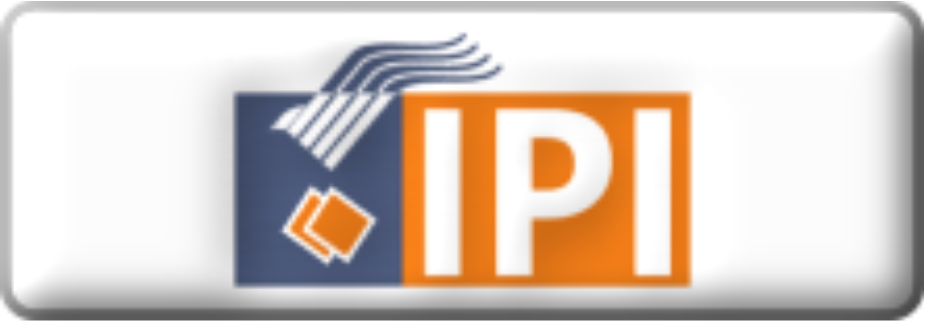PENERAPAN LEMBAR KERJA BERBASIS MODEL BELAJAR TANDUR PADA MATERI MOMENTUM DAN IMPULS UNTUK MENINGKATKAN HASIL BELAJAR
Abstract
Abstract
This study aims to determine the effect of learning using Learning Model-based on Worksheets to improve physics learning outcomes on material momentum and impulses. The research method used is quasi experiment with the Nonequivalent Control Group Design research design. The samples taken were 54 students consisting of 29 experimental classes and 25 control classes. The research instruments used were test instruments, worksheets based on tandur learning models and observation sheets. Before the test instrument is used, the instrument is tested for validity. The results showed that after using worksheets based on barren learning models there was an influence on student learning outcomes. Based on the results of the research data, the average value of the posttest of the experimental class students was 70. While the implementation of learning in the control class using procedural worksheets obtained the average posttest score of 31. In addition, the normal average gain of scores was obtained. the experimental class students were 0.6 and the control class was 0.2, thus experimental class is greater than the control class. The category of increasing student scores obtained from the calculation of normal gain in the experimental class included the medium category (0.6), while in the control class included in the low category (0.2). Thus, the use of worksheets based on instructional learning models in the learning process has an effect on improving student learning outcomes..
Keywords: Student worksheets, Learning Model Tandur, learning outcomes
Full Text:
PDF (Indonesian)References
Arikunto, Suharsimi. (2007). Manajemen Penelitian. Jakarta : Rineka Cipta.
_________________.(2013).Dasar-dasar Evaluasi Pendidikan. Jakarta : PT
Bumi Aksara.
Depoter, Bobbi, dkk. (2010). Quantum Teaching: Mempraktikkan Quantum
Learning di Ruang-Ruang Kelas. Terjemahan Ary Nilandari. Quantum Teaching: Orchestrating Student Success. Bandung:Kaifa. Dewi, Septina Witari, Ni Kt
Sarni & I Wyn Widiana. (2014). Pengaruh Model Pembelajaran Tandur Terhadap Hasil Belajar Ipa Ditinjau Dari Minat Belajar Siswa. e-Journal MIMBAR
PGSD Universitas Pendidikan Ganesha Jurusan PGSD, 2(1).
Khotimah, Husnul. (2017). Pengaruh Model Pembelajaran Quantum Teaching Dengan Metode Diskusi Terhadap Hasil Belajar Matematika. Prosiding Diskusi Panel Pendidikan “Menjadi Guru Pembelajar” Keluarga Alumni Universitas Indraprasta PGRI Jakarta.
Laporan Praktik Pengalaman Lapangan Kependidikan FKIP Untirta. (2017).
Serang Putra,
Kornelius Kristian W. (2016). Penggunaan Lembar kerja Siswa (LKS) untuk Meningkatkan Hasil Belajar KOgnitif Materi Bangun Ruang Sisi Lengkung pada Peserta Didik Kelas IX SMP XYZ Sentani Papua. A Journal of Language, Literature, Culture, and Education POLYGLOT, 1(2).
Solikin, Mohammad & abdul Aziz Abdullah. (2014). Pengaruh Quantum Teaching Terhadap Hasil Belajar Siswa pada pokok Bahasan Hukum Newton di kelas X SMA Wahid Hasyim 4 Sidoarjo. ISSN: 2302-4496. Jurnal Inovasi Pendidikan Fisika (JIPF), 3(2), 10-13.
Subiyono. (2009). Pengaruh metode quantum teaching yang dipadu dengan Mind Map terhadap Hasil Belajar Pendidikan Agama Islam. Lentera Pendidikan, 12(2).
Sujarlttham, et al. (2016). Developing Specialized Guided Worksheets for Active Learning in Physics Lectures. IOP Publishing, Eur. J. Phys, 37.
Yasir, mochammad dkk. (2013). Pengembangan Lembar Kerja Siswa (LKS) Berbasis Strategi Belajar Metakognitif Untuk Meningkatkan Hasil Belajar Siswa Pada Materi Pewarisan Sifat Manusia. BioEdu 2(1)
DOI: http://dx.doi.org/10.30870/gravity.v5i1.5211
Refbacks
- There are currently no refbacks.
Gravity has been indexed by:
_Kecil1.jpg)
| |
      |
| Gravity : Jurnal Ilmiah Penelitian dan Pembelajaran Fisika is publihed by Department of Physics Education, Universitas Sultan Ageng Tirtayasa jointly with Physical Society of Indonesia (PSI) | |
 | Gravity : Jurnal Ilmiah Penelitian dan Pembelajaran Fisika is licensed under a Creative Commons Attribution-ShareAlike 4.0 International License Copyright © 2020, Gravity: Jurnal Ilmiah Penelitian dan Pembelajaran Fisika. |







